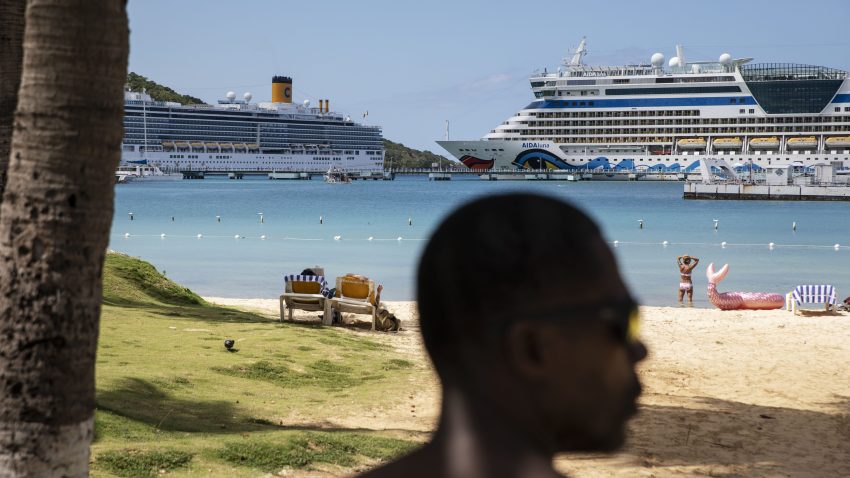Tourism represents a major challenge to Caribbean policymakers in the face of a deepening environmental crisis. The sector is central to the economies of most island states, but it is also a source of environmental problems, especially because Caribbean tourism tends to rely on high volumes of visitors. Although most Caribbean governments acknowledged the challenges of tourism prior to 2020, the region’s heavy reliance on the travel and leisure sector was brought home by the COVID-19 pandemic. Now that tourism has recovered, Caribbean nations should avoid going back to business as usual. To both keep tourism alive and successfully manage climate change, changes are necessary.
The United States should be paying attention to this Caribbean dilemma. Large numbers of U.S. citizens visit the region each year, there is considerable U.S. trade with and investment in the region, and the Caribbean is a place of origin for considerable migration to the United States. While most people in the United States are just beginning to come to terms with the effects of climate change, in the Caribbean it is regarded as an existential threat, as entire countries are already under significant pressure from extreme weather and rising waters.
Tourism's Environmental Impacts
Tourism has carved out a starring role in the economies of the Caribbean due to the region’s eye-catching geography, pleasant weather, and location as a geoeconomic crossroads of the Americas, with longstanding linkages also to Europe. With the exceptions of the extractive economies of Guyana, Suriname, and Trinidad and Tobago, tourism is either the leading or one of the most economically significant sectors in every nation throughout the Caribbean. According to the IMF, the Caribbean attracts more than 1.26 million international tourists every year. As of 2020, tourism directly contributed about 33 percent of gross domestic product and more than 52 percent of export receipts in the region. According to the International Labor Organization, in the English- and Dutch-speaking islands tourism provides direct employment for 413,000 workers, equal to 18.1 percent of total employment. Combining direct and indirect employment, the number climbs to around 43 percent. In the Dominican Republic, it generates about 15 percent of GDP. Even in Cuba, where the authoritarian, communist government has parked the country in a developmental cul-de-sac, tourism is highly important for generating hard currency and accounted for roughly 8 percent of GDP in 2021.

